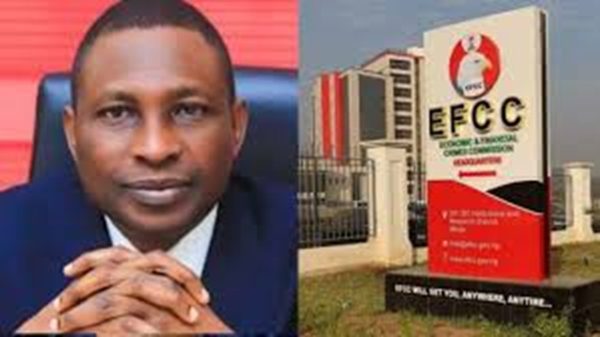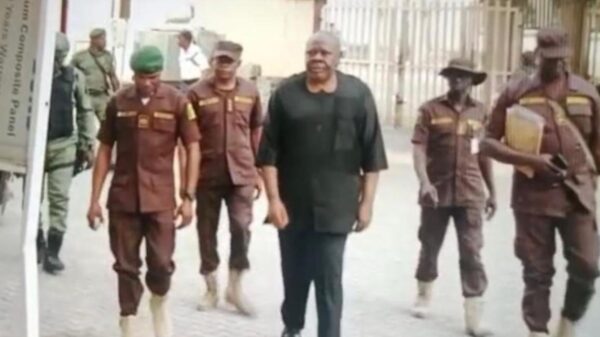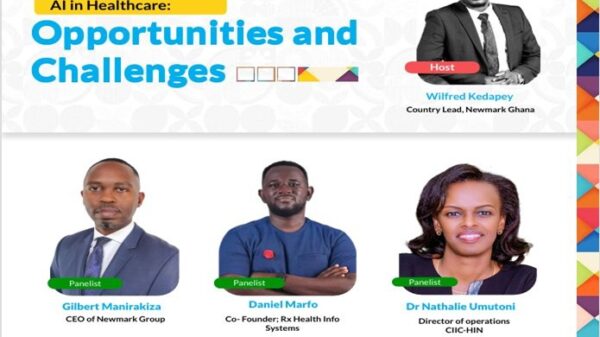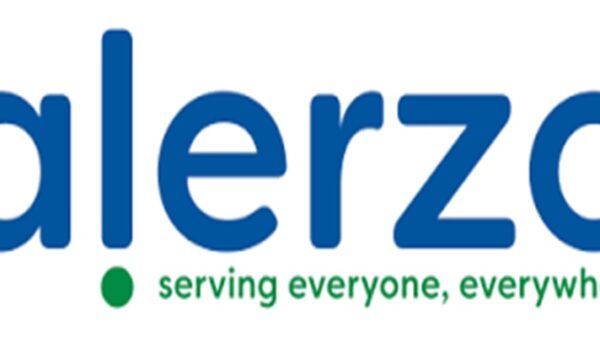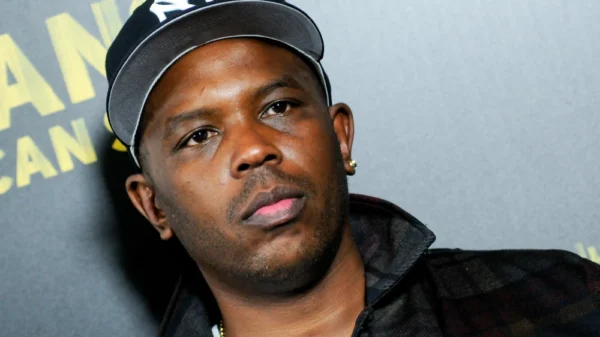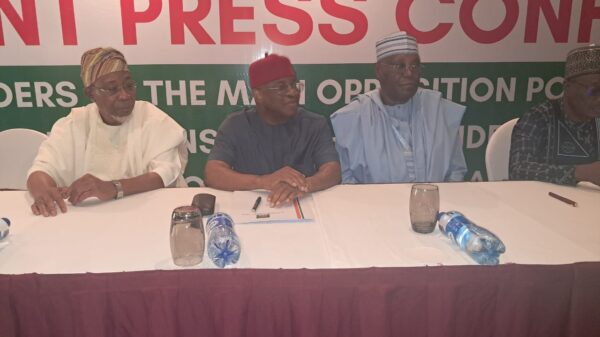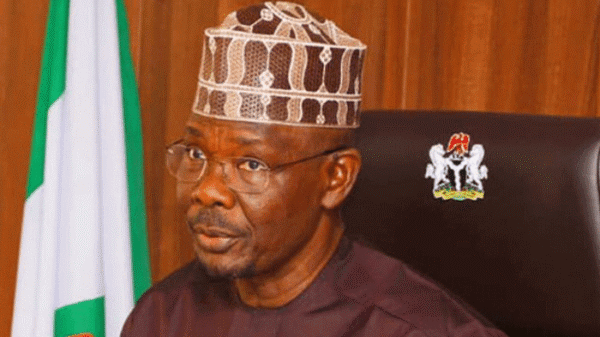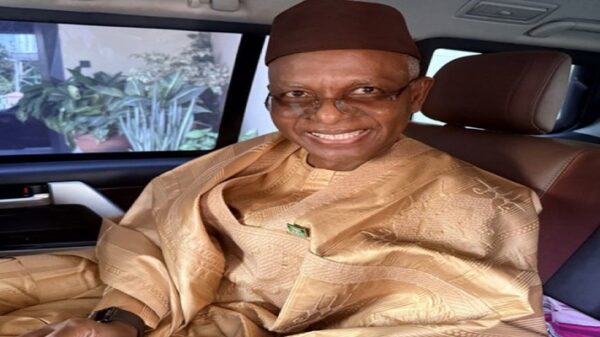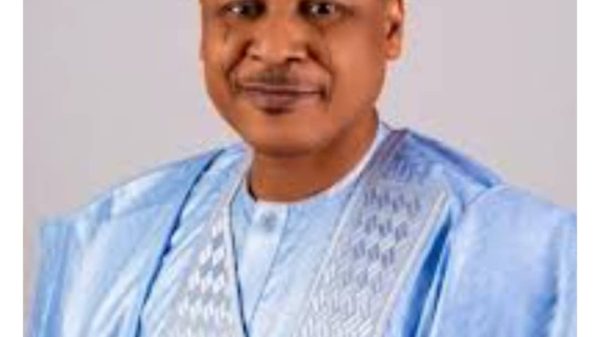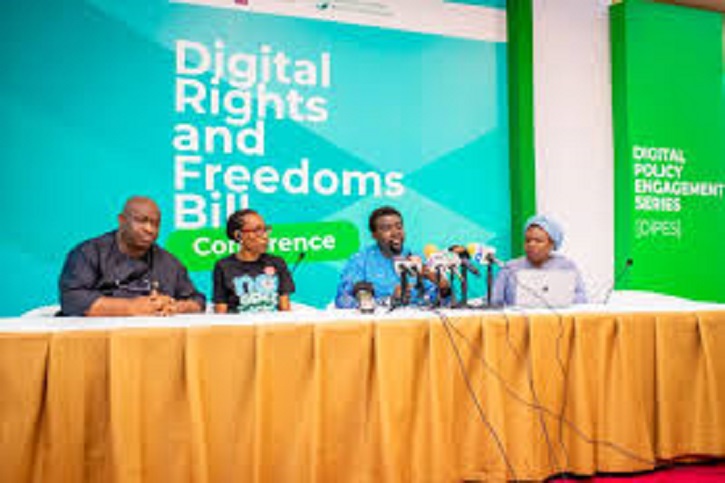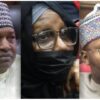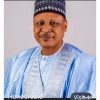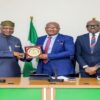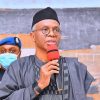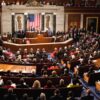Digital Rights and Freedom Bill, which aims to safeguard human rights online and protect Internet users from the infringement of their fundamental freedoms, is back at the Nigerian Parliament for consideration.
The Bill, which had been sent to the National Assembly in 2016 and passed by the two Chambers of the House, was not signed into law by the then-President, Muhammadu Buhari. He declined to sign it.
Paradigm Initiative has been at the forefront of advocating for the adoption of this piece of legislation in Nigeria and similar ones in other African countries.
The bill, sponsored by Honorable Chris Nwonta, seeks to guarantee human rights for users of digital platforms in Nigeria. It is to be cited as HB 1739.
Commenting on this development, Adeboye Adegoke, Paradigm Initiative’s Senior Manager, Grants and Programmes Strategy said: “PIN remains relentless in pursuing the objective of safeguarding digital rights and inclusion in Nigeria and everywhere we work.
“When we committed to work on this objective, we prepared for the long haul and we are committed to drive the process to a reasonable conclusion.”
For years, PIN has been at the forefront of pushing for the adoption of this crucial legislation, and its reintroduction to parliament marks a significant milestone in Nigeria’s journey toward a safer, more inclusive digital environment where users’ rights are recognised and protected.
In April this year, Paradigm Initiative, under the Digital Engagement Series (DiPES) engaged stakeholders in Abuja, Nigeria to examine, review and hold discussions focused on the Bill. The conference was supported by the Kingdom of The Netherlands.
While briefing journalists at the sidelines of the conference, PIN’s Executive Director, ‘Gbenga Sesan, said when the former president declined to sign the Bill into law, a review was conducted to examine the reasons which had been given for not signing the Bill.
It was then readjusted for reintroduction to the 9th National Assembly.
He said the new version of the Bill has incorporated feedback from the government, civil society organisations and the private sector.
![]()



